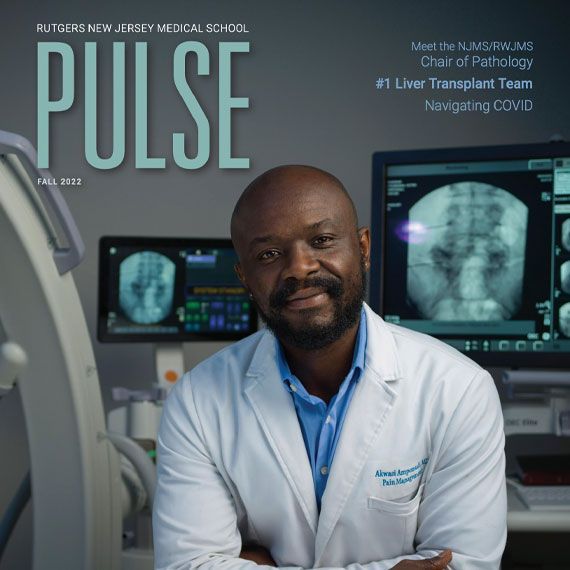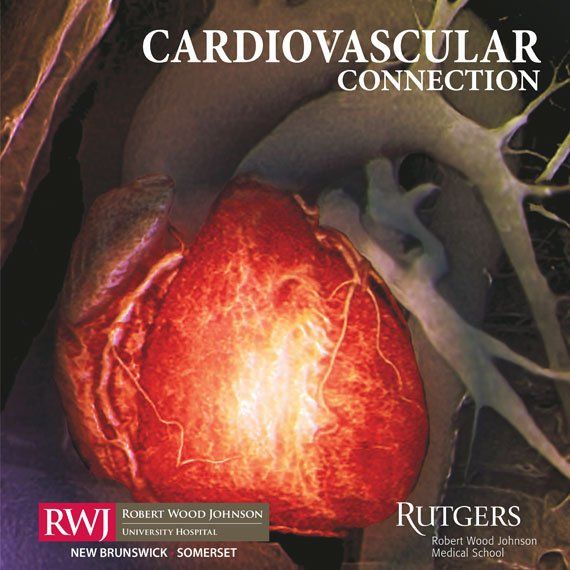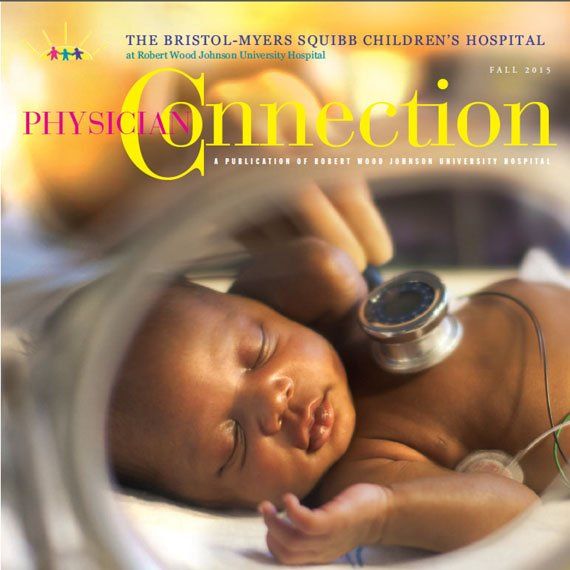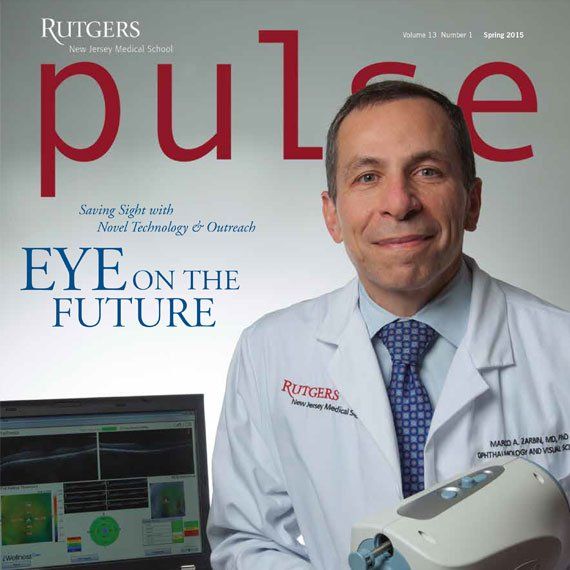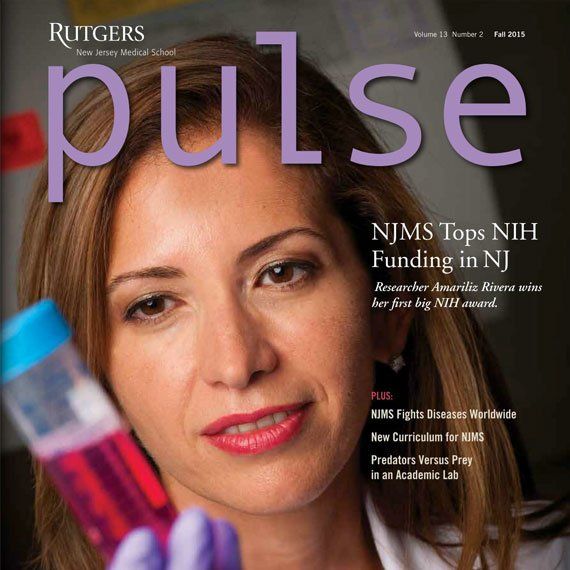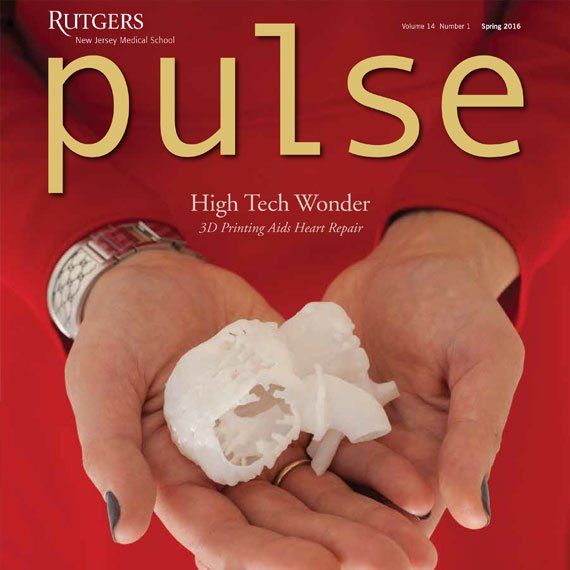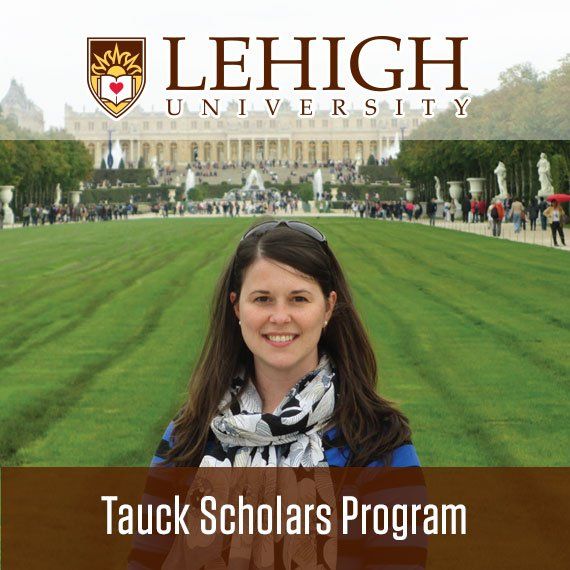
Deep Sleep = Clean Brain

Twice last week, sleep and stress created havoc for my children. Maggie, who is a new mother and nurse on a stressful transplant hospital unit, and Zach, who is a hands-on father of two toddlers and president of our family’s exponentially-exploding rum company ( www.brinleygoldshipwreck.com ), both had days from hell. Or at least that’s how it felt from their sleepless windows on the world. (Above: That's Evangeline in the deep sleep of infancy.)
The article, “Sleep: The Brain’s Housekeeper,” and the research study it cites, “Sleep Drives Metabolite Clearance from the Adult Brain” were both published in Science on October 18, 2013 and brought me an entirely new perspective on what Maggie and Zach’s poor brains were experiencing from lack of a good night’s sleep.
“Despite decades of effort, one of the greatest mysteries in biology is why sleep is restorative, and conversely, why lack of sleep impairs brain function,” the researchers write. What they learned in the lab at the University of Rochester working with mice is that during sleep, cerebrospinal fluid (CSF) recirculates through the brain interchanging with interstitial fluid (ISF) to remove the buildup of dangerous proteins including the neuro-toxic, metabolic waste products of cellular activity and the stuff related to neuro-degenerative diseases like Alzheimer’s and Parkinson’s. There is a “network of microscopic, fluid-filled channels,” writes article author Emily Underwood, that was first described by Rochester researcher Maiken Nedergaard. Called the glymphatic system, it’s a lot like the lymphatic system in the rest of the body and something the brain sorely needs with its high metabolic rate and fragile neurons. During sleep, to make the housekeeping even more efficient as potentially toxic central nervous system junk is washed out, the channels in the brain even grow larger by more than 60 percent.
(Charlotte has always been the best stroller or car napper!)
This all makes such lovely sense for why we spend one-third of our lives sleeping and why we feel so crazed when we can’t get our daily rest.











